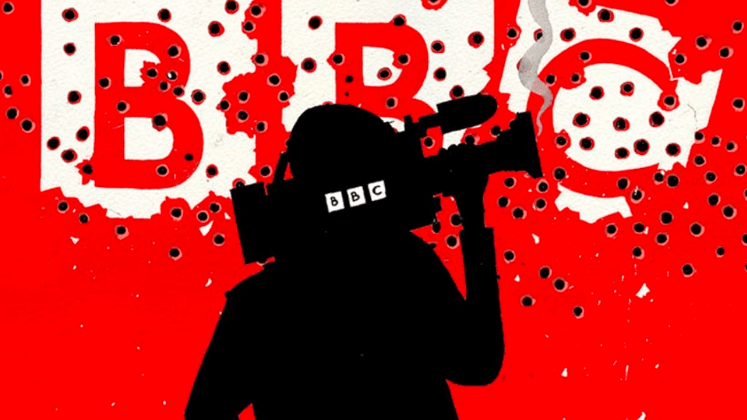It won’t come as much of a surprise to learn that the National Audit Office thinks the BBC faces ‘significant’ uncertainty over its financial future due to changes in viewing habits. The NAO’s findings are about as ground-breaking as your average anodyne Beeb drama, but they do tighten the cilice on a funding model that is impossibly outdated in the 21st century.
In the past decade alone, there has been a 30 per cent decline in BBC TV viewing; on average, the amount of time an adult spent watching broadcast BBC TV fell from 80 minutes per day in 2010 to 56 minutes in 2019.
When it comes to younger viewers, the NAO’s findings are ever more troubling for the BBC: in the UK, 18-34 year olds now watch seven times as much Netflix and YouTube as BBC1 content. They spend more time watching Netflix and YouTube than all other public service channels put together. The average time spent by all adults watching Netflix and YouTube is greater than the amount of time spent watching BBC1.
As Baroness Morgan of Cotes, the former DCMS Secretary once tipped to be the next BBC Chairman told me at an IEA event on Tuesday:
‘Although many of us are at home more than ever before and desperately searching for good content..that content is not found on the BBC these days.’
If this was a case of Brits spending less time watching the BBC this would be bad enough. But there’s another crisis for the corporation: in 2019-20, the BBC generated total income of £4.94bn, of which £3.52bn was public funding from the licence fee. That was £310m less than the corporation received from the levy between 2017-18.
The BBC’s defenders will point to the corporation’s world-class content as being well worth the 43p per day it costs licence fee payers. But how long can the BBC cling on to this outdated funding model?
Polls show that around 60 per cent of Brits think it should secure its own source of funding and abolish the fee. Around 180,000 people are prosecuted each year for failing to pay. This was unsustainable at the best of times, and given the impact of Covid on our courts system, it is difficult to see how this can continue.
The licence fee evolved out of a system whereby the Post Office, working with radio manufacturers, charged owners of radio sets to receive programmes. It was designed to create a charge that ticked two boxes: it had to be non-excludable, to make it difficult to stop people who do not pay for programmes benefiting from them; and it had to be non-rivalrous: so that there was the marginal cost of serving an additional user was zero. Yet in 2021, these arguments that made the licence fee the right system then no longer carry much weight.
There are those for whom the BBC’s shortcomings, its anachronistic funding model, its arguable distortion of competition (other media outlets don’t have a guaranteed source of income, after all), its market share, and concerns over impartiality override any real interest in its survival. And the broadcaster is certainly capable of scoring an own goal: just look at the row over the Last Night of the Proms or its coverage of Brexit.
But despite this, there is still an important role for the BBC to play in modern Britain – just not one funded by licence fee payers.
In response to the NAO, the BBC said that ‘the report stresses the importance of stable funding for the future, which we welcome as we begin negotiations with government over the licence fee.’
Yet this shows the BBC is looking through the wrong end of the telescope: there is a compelling case that it would do far better without the levy. The BBC has an international audience, with more than 400 million foreign viewers accessing its broadcast content at least once a week. By limiting its scope to directly charging British viewers, it is a mathematical impossibility that it could match Amazon’s 97 million subscribers or Netflix’s 158 million.
It’s time for the BBC to realise that it should be funded by people who want to pay for it and avail themselves of its services. By moving towards a subscriber-backed model, the broadcaster could become a commercial success, developing any partnerships it wished. It could better leverage its brand internationally, and produce programming its member-viewers value. Ultimately, as Julian Knight MP recently said, the licence fee is ‘morally on the way out’. The BBC needs to face up to that fact.






Comments